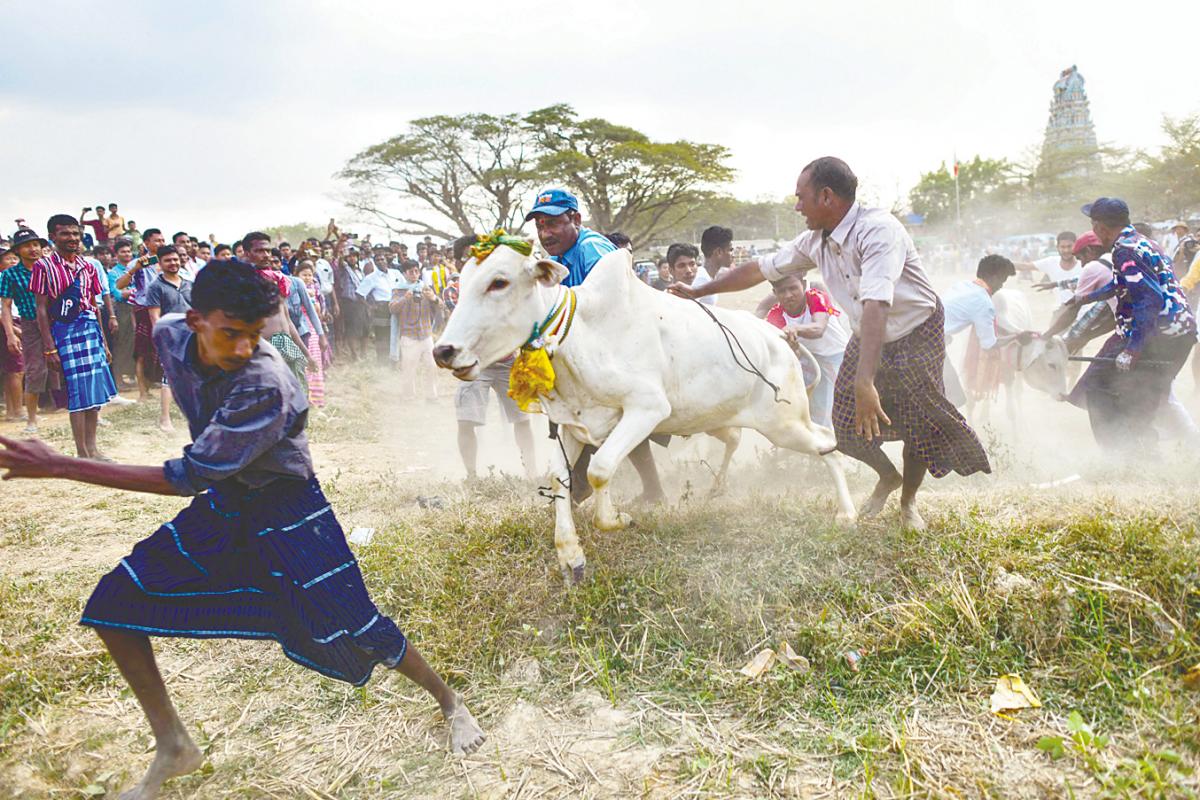TRAVELLERS from around the world visit Malaysia to revel in its vibrant cultural diversity, remarkable food, stunning natural beauty and genuinely welcoming people.
The idea of allowing a ruthless and deadly pastime like jallikattu in the country is abhorrent, which is violence defended under the guise of culture. But cruelty should be unequivocally condemned.
There is no doubt that jallikattu is merciless. This vicious pastime takes advantage of bulls’ natural caution as prey animals by deliberately placing them in a terrifying situation in which they are forced to run away from those they rightly perceive as a threat.
The bulls become so frightened by the mob of men who swarm them that they slip, fall and run into barriers and traffic in their desperate attempts to escape, frequently leading to broken bones or death.
Comprehensive investigations conducted by Peta India documented that bulls are poked and jabbed with sticks and metal sickles, hit and jumped on, tackled and hurt in other ways.
Some bulls have reportedly been made to drink alcohol or had chilli peppers rubbed on their eyelids to provoke aggression.
Exhausted and dehydrated animals are often forced to participate in jallikattu after standing in queues for hours without overhead shelter in the sweltering heat.
In every district investigators visited, there was no food available for the bulls and very limited water.
Bulls are yanked roughly by nose ropes, causing their nostrils to bleed and many collapse from exhaustion or dehydration after the events. They are beaten, pinched and their tails are yanked, twisted and bitten by their owners and event organisers.
These events are dangerous for bulls and humans alike. In India, since just one state legalised jallikattu in 2017, at least 136 men and children have been killed and thousands more injured.
Countless bulls have also been hurt or killed in jallikattu events, although reports rarely cover what bulls endure.
Make no mistake: if this barbaric event is allowed to take place, blood will be spilled and human lives will be lost, and the responsibility will rest squarely on those who allowed this dangerous sport to be introduced in Malaysia despite clear warnings.
In today’s global community, travellers have vast amounts of information readily available to them and many compassionate tourists may shun trips to Malaysia if jallikattu becomes part of the country’s framework. The negative impact on tourism is a very real consideration.
It is clear that jallikattu is inherently cruel and dangerous and that no regulations can protect animals or human participants and spectators. Malaysian authorities should slam the door shut on this barbaric jallikattu “sport”.
Jason Baker
Peta Asia’s senior vice president









